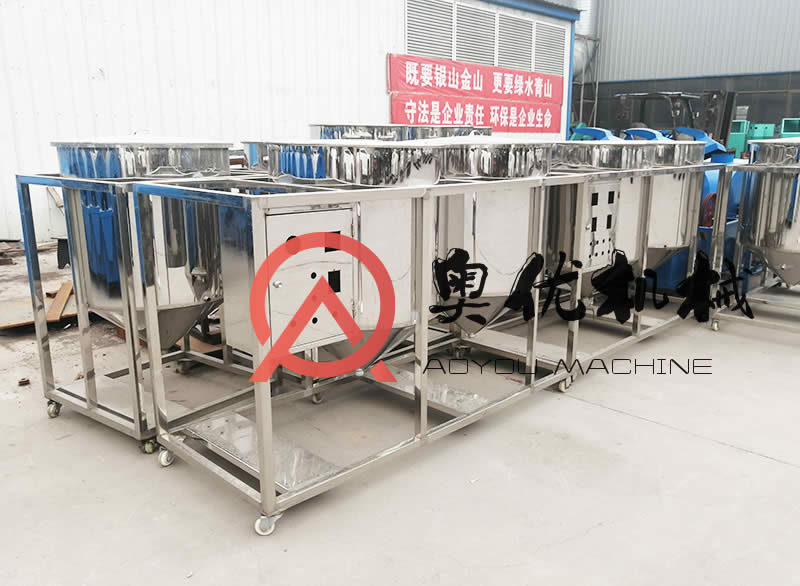The economic pillar of South Sudan is the oil industry. The vast majority of government revenue comes from crude oil export earnings. In 2009, South Sudan's oil revenue reached 7 billion US dollars. South Sudan, which lacks oil refining facilities, relies on the oil refining capacity of Khartoum and other places in the north. South Sudan's oil export is mainly through two oil pipelines, which enter the territory of the Republic of Sudan from the east and the west respectively, and then converge in Khartoum, leading to Port Sudan on the coast of the Red Sea in the northeast.Africa grain and oil equipment friends, look at partner Aoyo edible oil equipment South Sudan overseas customer website, the South Sudan region common sense compiled by the editor: South Sudan is one of the least developed countries in the world, so its natural ecology is relatively well preserved. The tourism resources of South Sudan are mainly local wildlife reserves. There are seven wildlife reserves in South Sudan, with a total area of 1.75 million hectares. The climate is tropical with rainforest in some parts. South Sudan's Poma Natural Park near Ethiopia, the South National Park near the border of the Democratic Republic of the Congo (DRC) and the world's largest marshland - Sud Wetland Park are all famous ecological protection bases in Africa. grain and oil equipment supplier Aoyo edible oil equipment is located in Asia, bordering the Pacific Ocean, and shipping is convenient. Aoyo edible oil equipment has a service team for Africa grain and oil equipment customers, which can provide reliable grain and oil equipment individual grain and oil processing in rural areas solutions for South Sudan grain and oil equipment customers!


 ab153529543@gmail.com
ab153529543@gmail.com  +86-132-9090-8300
+86-132-9090-8300